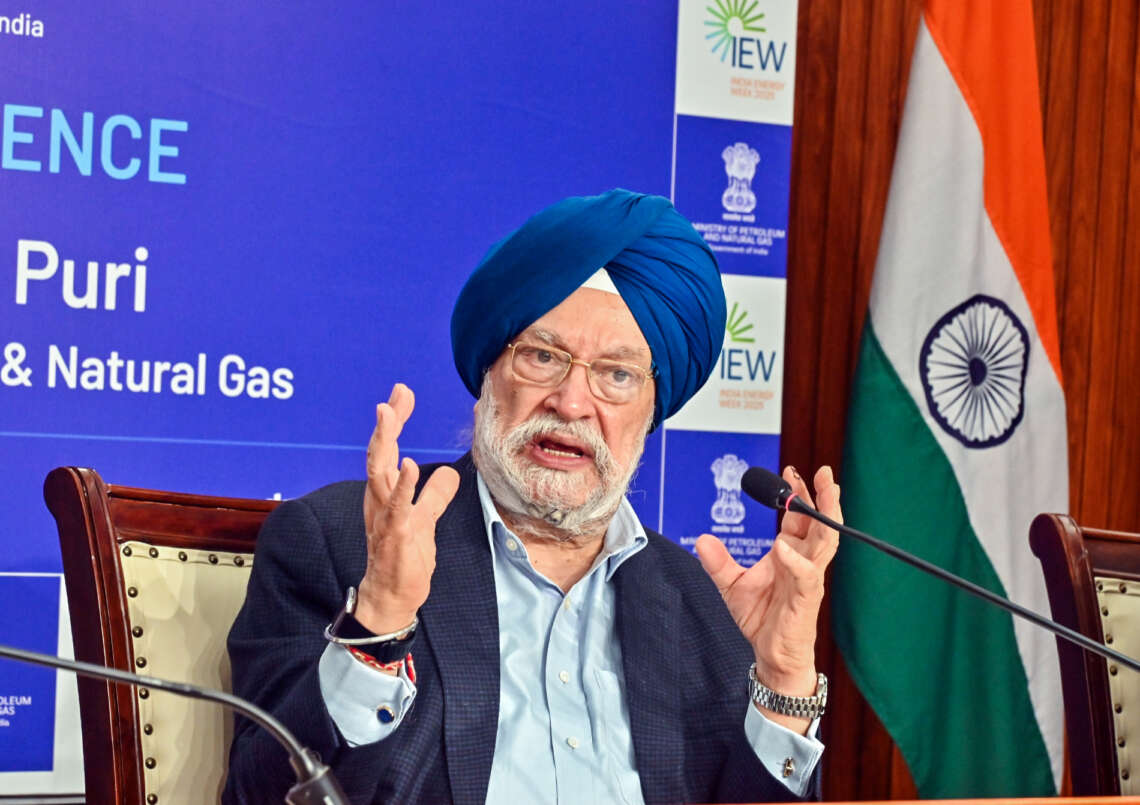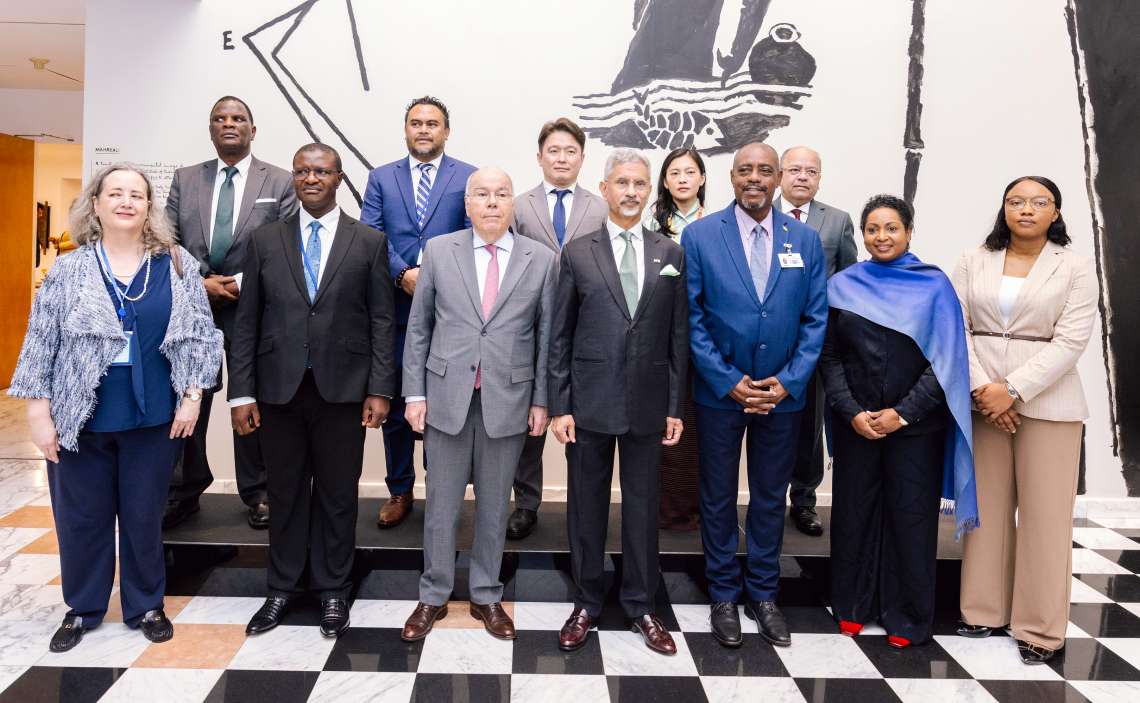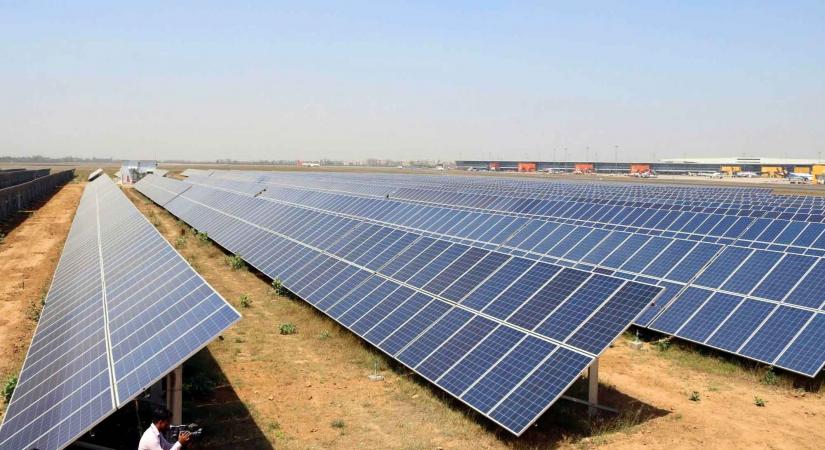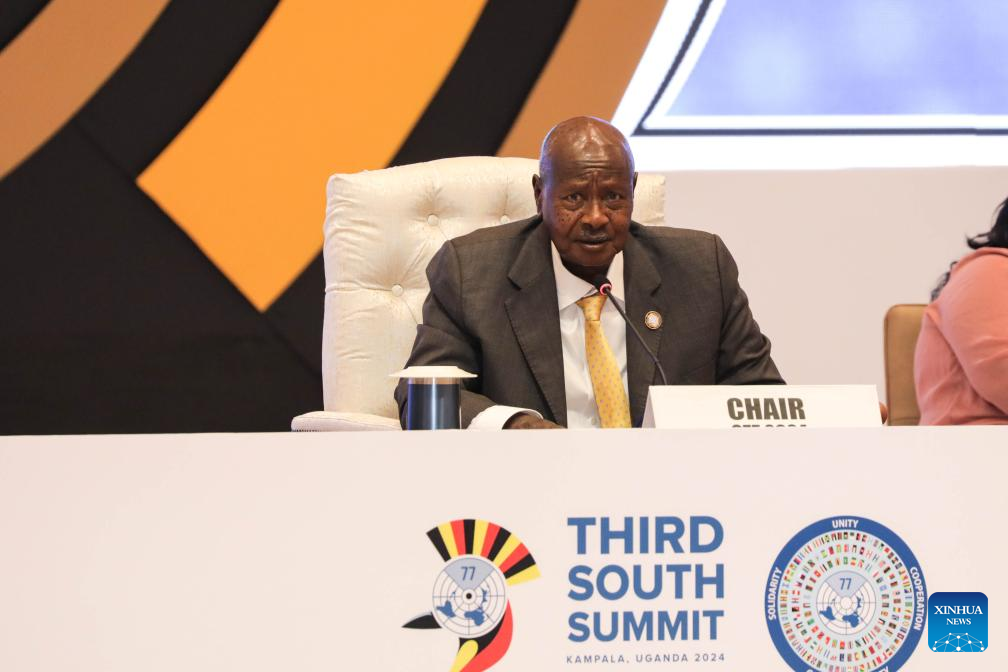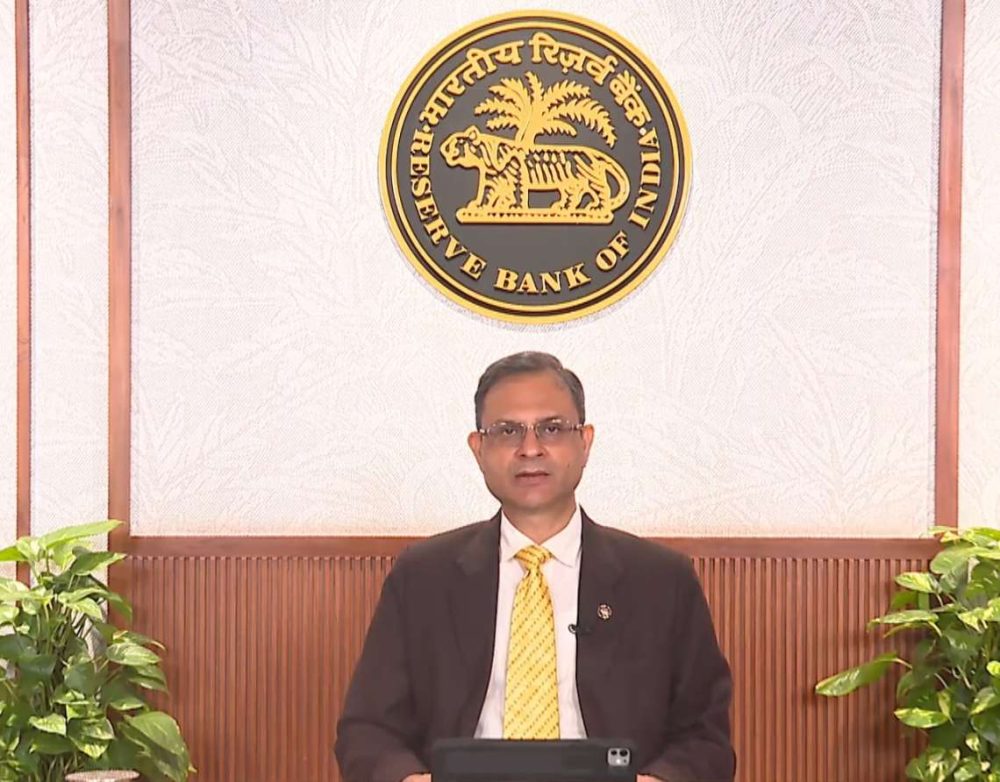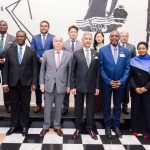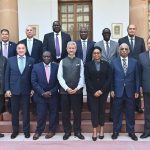Mary Burce Warlick, Deputy Executive Director of IEA, underscored that India’s success offers crucial insights into addressing key challenges around affordability, access, and infrastructure
India’s success in providing universal access to clean cooking gas, driven by smart subsidies and sustainable policies, has emerged as a replicable model for other developing nations, Union Minister of Petroleum and Natural Gas, Hardeep Singh Puri, stated on Wednesday.
Chairing a Ministerial Roundtable on Clean Cooking at the ongoing India Energy Week 2025 in the national capital, Minister Puri highlighted how India’s innovative approach—comprising targeted subsidies, strong political will, digitisation of distribution networks by oil marketing companies (OMCs), and nationwide campaigns—has driven a cultural shift towards clean cooking.
The roundtable brought together key stakeholders, including representatives from Brazil, Tanzania, Malawi, Sudan, and Nepal, alongside industry leaders from organizations like the International Energy Agency (IEA), Total Energy, and the Boston Consulting Group (BCG). Puri emphasized that India’s model, spearheaded by the Pradhan Mantri Ujjwala Yojana (PMUY), offers valuable lessons for other nations in the Global South facing similar energy access challenges. Through PMUY, India has made clean cooking gas affordable, with beneficiaries paying just 7 cents per day for LPG access, and other consumers able to secure it at 15 cents per day. This affordability has been pivotal in driving widespread adoption.
The minister also pointed out the significant role of digitisation in the distribution process, which has ensured efficient delivery to millions across the country.
Representatives from various countries discussed their own challenges in transitioning to clean cooking. Doto Mashaka Biteko, Tanzania’s Deputy Prime Minister and Minister of Energy, outlined a strategy to ensure 80% of households have access to clean cooking by 2030, leveraging a combination of LPG, natural gas, and biogas.
Meanwhile, Dr. Mohieldien Naiem Mohamed Saied, Sudan’s Minister of Energy and Oil, called for greater private sector involvement to bridge gaps in LPG supply, particularly as the country continues to import much of its energy needs.
Mary Burce Warlick, Deputy Executive Director of IEA, underscored that India’s success offers crucial insights into addressing key challenges around affordability, access, and infrastructure. She also highlighted the importance of concessional financing and public-private partnerships (PPP) in expanding clean cooking access globally. Additionally, she noted that regulatory adjustments and addressing cultural acceptance would be essential for large-scale adoption.
Minister Puri further discussed the potential of solar cookers to diversify clean cooking technologies. He pointed out that IOCL’s advanced solar cookers, which integrate solar panels and are priced at approximately $500 per unit, offer a cost-effective, sustainable alternative with no additional costs over their lifecycle.
This initiative is part of India’s broader strategy to reduce dependence on traditional biomass fuels and cut carbon emissions, reinforcing the nation’s commitment to advancing clean cooking solutions while addressing energy access issues worldwide.
India’s clean cooking revolution continues to be a beacon of success, offering an effective and scalable solution to energy access challenges in the Global South.


